August 10, 2022
Exploring the best current thinking about work and the workplace
 Issue 12 of IN Magazine is in production, but in the meantime Issue 11 explores the best and latest thinking from the world of work. In this issue: we talk to Joanna Frank about active design; visit the offices of Drees and Sommer in Stuttgart; consider the role of routines in creativity; argue that we need to understand the past before we can shape the future; discover Iceland’s new Science City; hear about the changing nature of workplace experiences; and much more. Includes our latest supplement, exploring the role of internal comms in hybrid work cultures, published in association with Magenta. Print copies will be mailed out in the next few days. (more…)
Issue 12 of IN Magazine is in production, but in the meantime Issue 11 explores the best and latest thinking from the world of work. In this issue: we talk to Joanna Frank about active design; visit the offices of Drees and Sommer in Stuttgart; consider the role of routines in creativity; argue that we need to understand the past before we can shape the future; discover Iceland’s new Science City; hear about the changing nature of workplace experiences; and much more. Includes our latest supplement, exploring the role of internal comms in hybrid work cultures, published in association with Magenta. Print copies will be mailed out in the next few days. (more…)






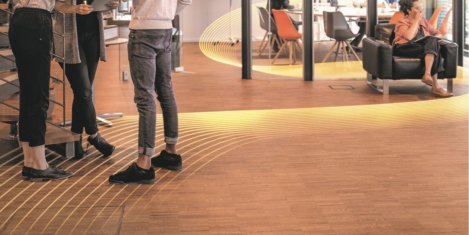
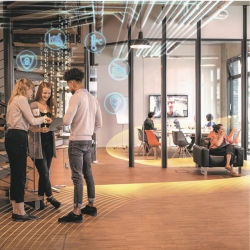


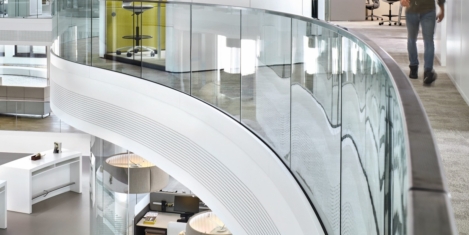
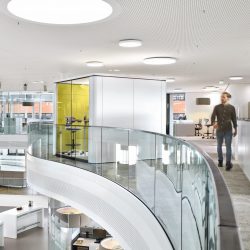 The current debate about how much space we will need in the office from now on is not new. As with many of the debate’s facets, the point at which we find ourselves has long been our destination. We’re just here earlier than we might have expected.
The current debate about how much space we will need in the office from now on is not new. As with many of the debate’s facets, the point at which we find ourselves has long been our destination. We’re just here earlier than we might have expected. 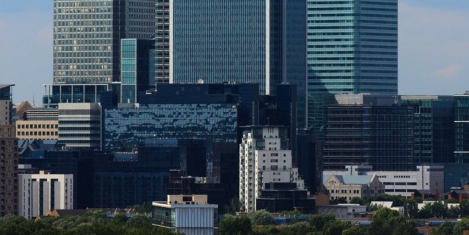
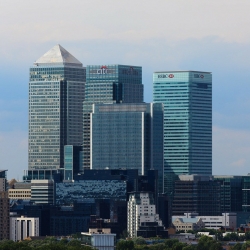








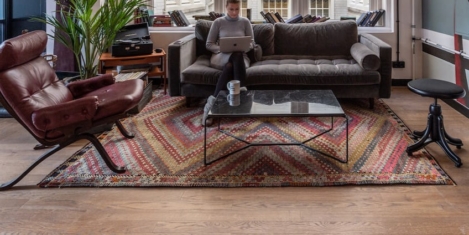
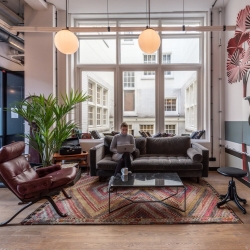






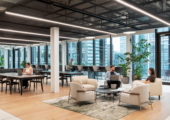


August 5, 2022
The four day week might be the wellbeing solution workers need
by Mark Hall • Comment, Flexible working, Wellbeing